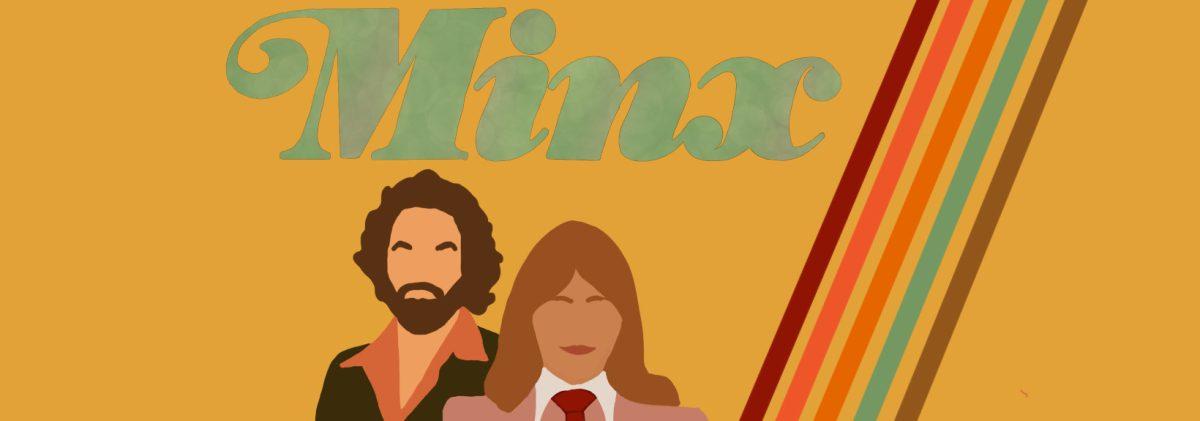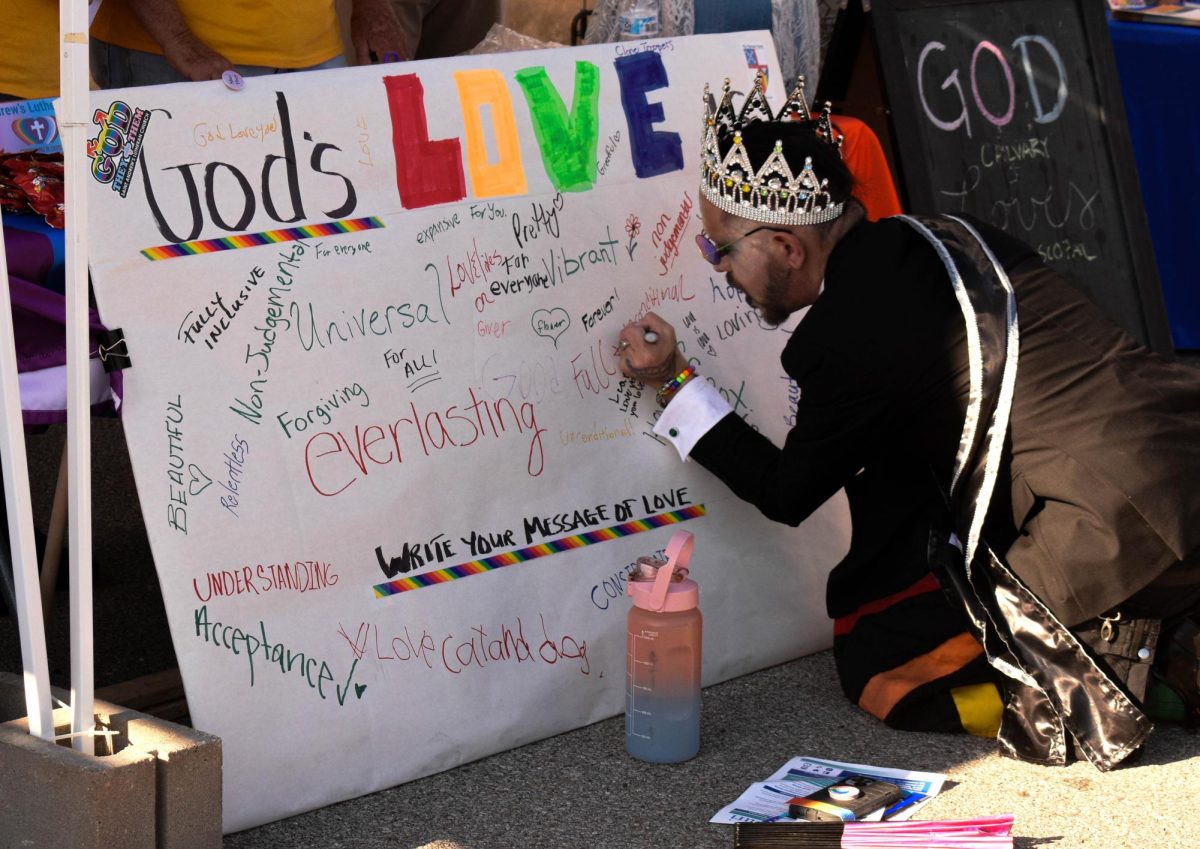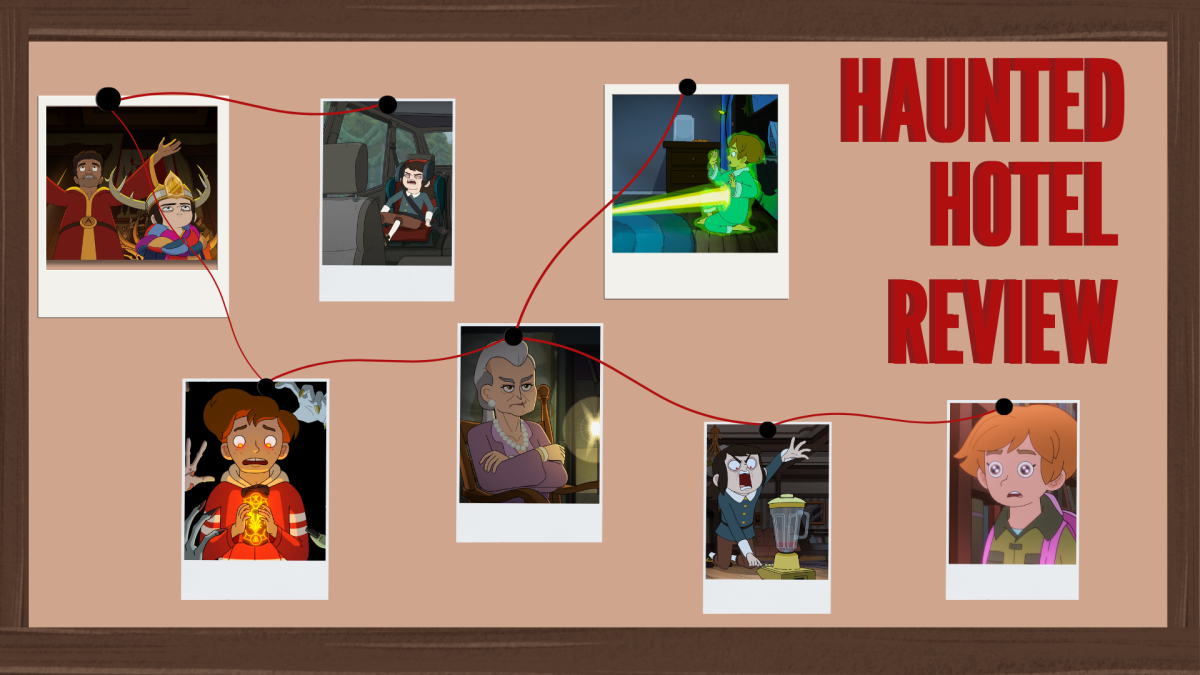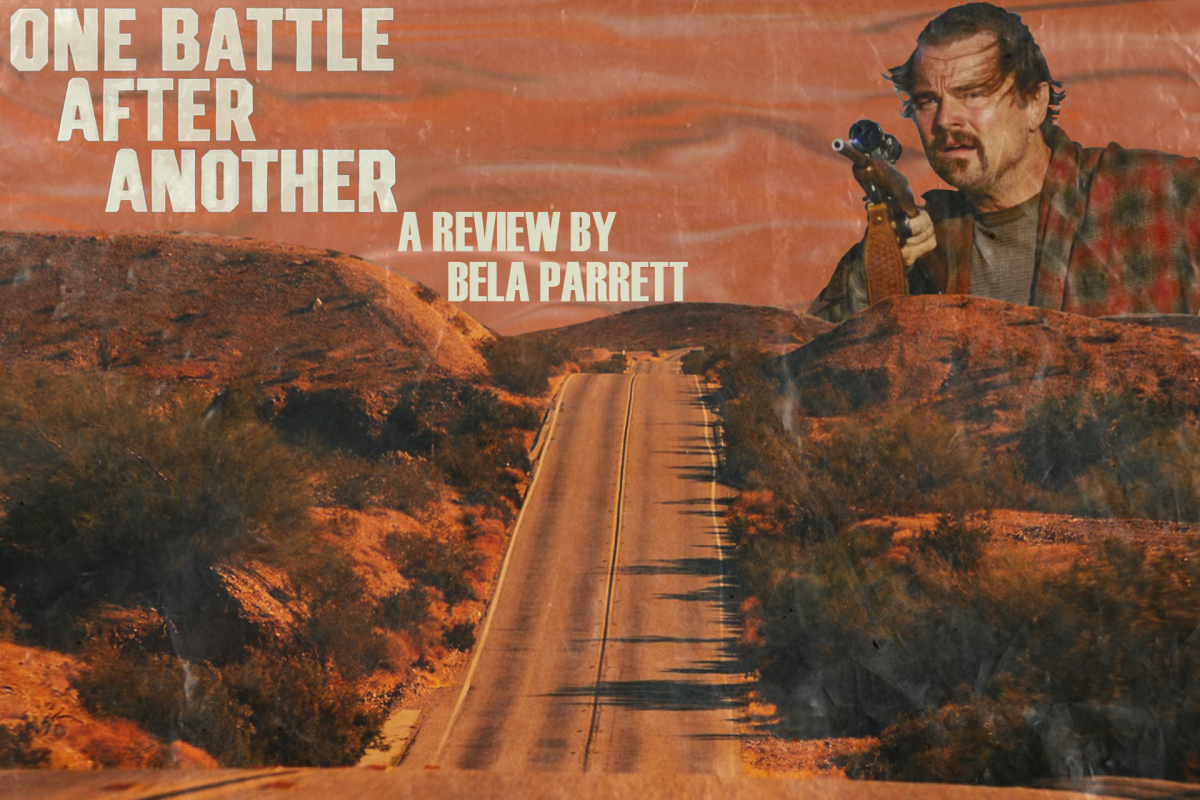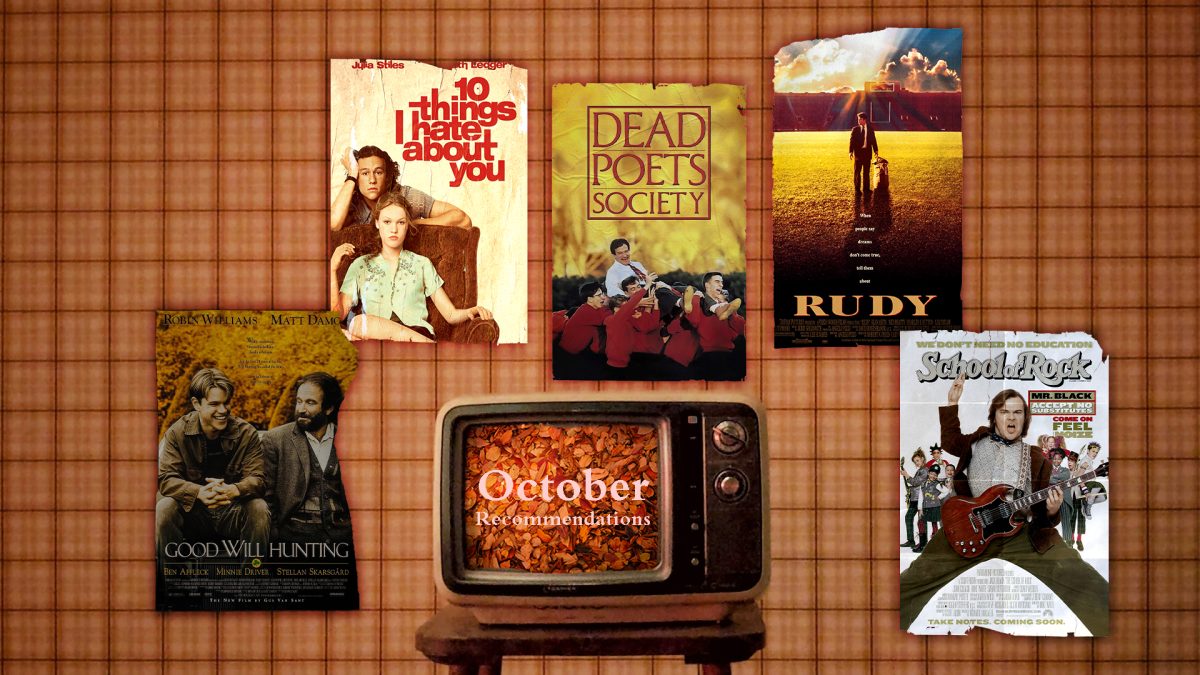One of the newest shows on HBO Max, “Minx,” dives into the 1970s counterculture of the women’s rights movement with a drastically unique perspective. The show was created by Ellen Rapoport and stars Ophelia Lovibond and Jake Johnson. The first episode aired March 17, and all episodes are out now.
The show’s main character, Joyce (Ophelia Lovibond), is a young feminist with a lifelong goal of creating a feminist magazine. As she begins to pitch her idea to different publishers, she realizes how difficult it is to sell her idea. The only person who sees potential in her vision, though, is Doug (Jake Johnson), an erotic magazine publisher.
The two begin to work together to create a feminist publication, titled Minx. The feminist messages, however, are hidden inside a nude male copy. The show follows these two, their team and their bold idea as they get their magazine published and famous.
Both leading actors are strong in their characters and provide strong comedic performances in their roles. The entire concept of the show is humorous enough, but these two certainly carry the show. Johnson’s character has a bizarre personality that completely contradicts Lovibond’s, yet the two work together quite well.
Joyce appears to be a much more uptight character than Doug from the first two episodes. She is hesitant from the beginning on the idea of erotic photos and seems resistant to the whole concept. At times, the character makes the show slow as she fights against the magazine. Joyce, however, represents the women’s rights movement quite well with her resistance to the large number of grimy men she encounters. With her large plans, she is unmoved by the resistance she faces and seems undeterred by many of the factors standing in the way of her publication.
The rest of their team provides a different perspective on the ideas of feminism and who it benefits as well. Tina (Idara Victor), Doug’s secretary, and Bambi (Jessica Lowe), one of the directors of the magazine, are much more light-hearted than Joyce. They show an alternative approach to feminism as they work on the publication and are more willing to go with the free ideas of Doug’s copies.
Part of what makes the show so comical and enjoyable, though, is the contrast between Joyce and the rest of the group. As she encounters Doug, she and him show completely opposing views on most of their ideas. While Joyce is intense and extremely passionate about her ideas, Doug is slightly messy and much more laid back with his plans. In each episode, their dynamic shifts and becomes closer as they learn how to work together.
The show’s humor lies in the dynamics of these characters with Joyce’s cautious personality. Throughout the second episode, Joyce and the team are at a country club trying to get businesses to financially support their first copy. The men at the club are disturbing and quite ignorant of her ideas, but Joyce is resilient in her goals. As their group disrupts the club, the show gets even more enjoyable seeing the closer dynamic of their friendships.
In each episode, Joyce finds herself more willing to explore her boundaries of feminism, and Doug accepts more of Joyce’s strong-willed beliefs. Much of the show dives into the complexities of what feminism means and how each individual finds different ideals within this concept. Joyce stands out as the stereotypical feminist of the ‘70s in her pants, blazer and work goals in a male-dominated field. Throughout the publication and the dramatics that occur with a male erotica magazine, the characters grow closer and redefine their feminist ideas.
Some shows centered around leading women in a man’s world tend to follow similar tropes and characteristics that leave the show lacking in humor and creativity. It can feel as if the female character is too perfect or heroic. The disruption of the erotic magazine in Minx, though, adds a completely new take on this concept.
The show is often vulgar and quite abrasive with its sexual references, yet the dynamic of the characters makes it feel completely necessary and more interesting. It is certainly a bold concept, and these certain references create the point of the show altogether.
A few of the jokes and plotlines can be a bit overdone related to feminism, sexism and the ‘70s. At times, it seems predictable or done before, but it is still a clever concept altogether. The show’s bizarre ideas and dramatic characters are worth the watch alone. If you’re wondering what a feminist/nude magazine would look like, then this is the show for you.
Edited by Lucy Valeski, [email protected]


